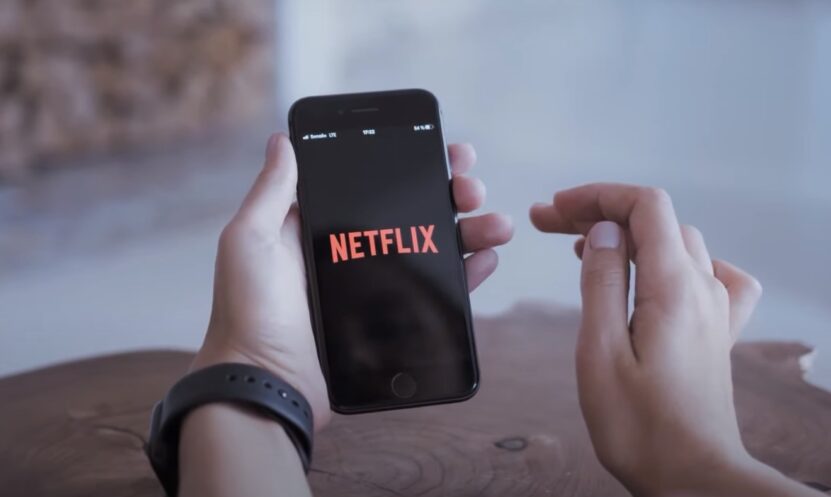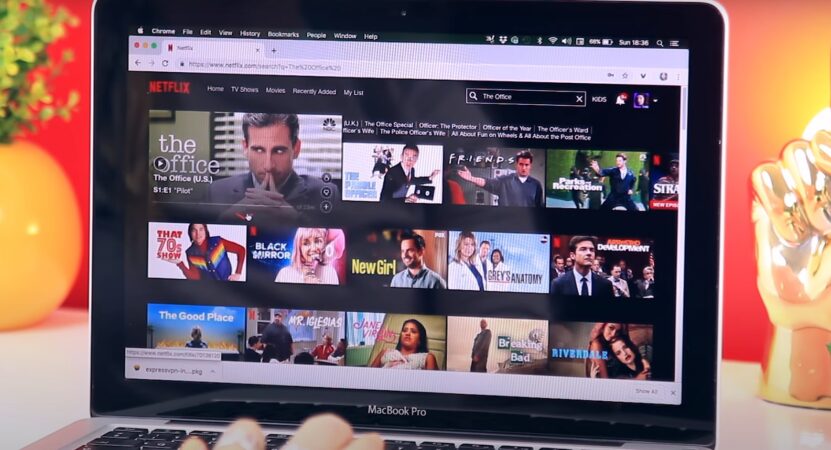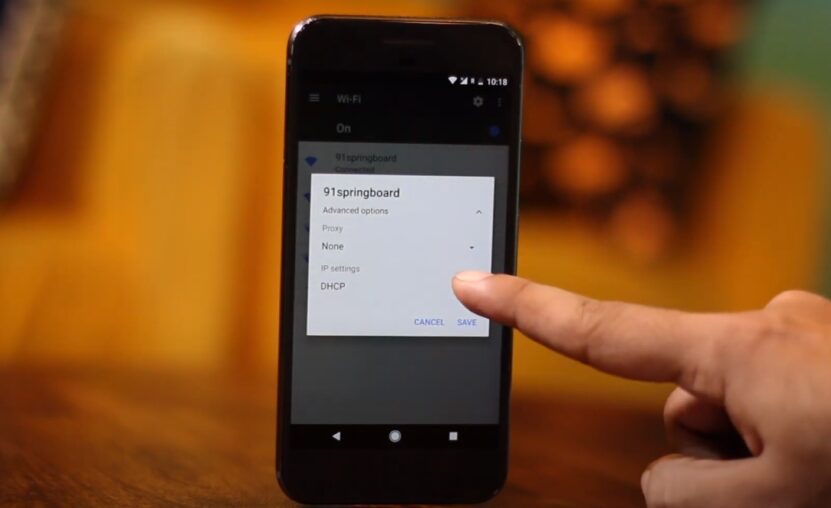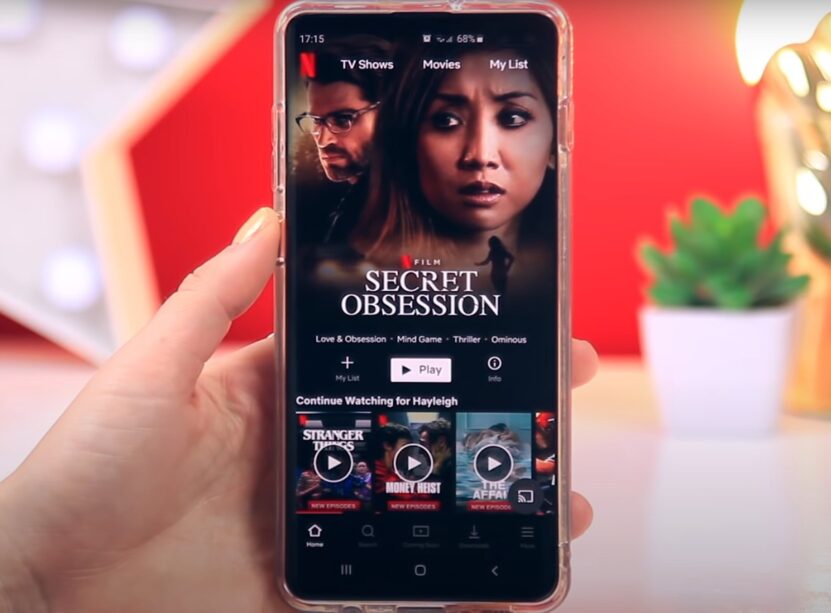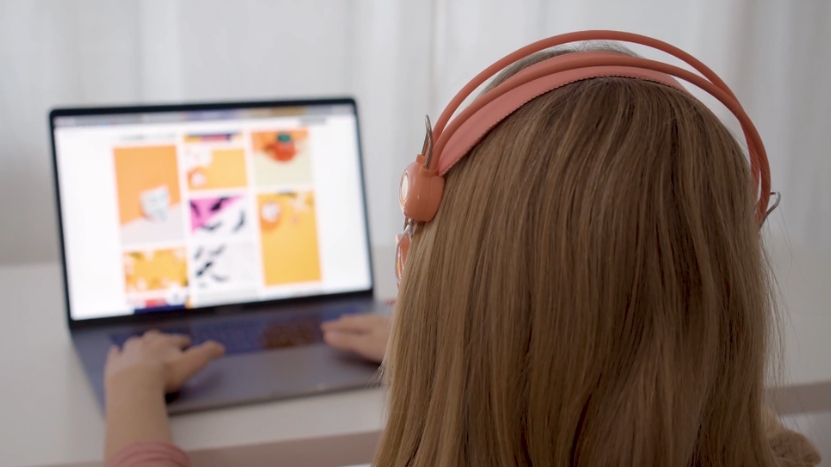
Share Post:
We’ve all been there—stuck at school or work, craving a Netflix break, only to find it blocked. It’s frustrating, right? I get it. Sometimes you just need a quick episode of your favorite show to unwind during a break.
Fortunately, there are a few clever ways to bypass those restrictions and stream Netflix wherever you are. One of the most effective solutions is using a VPN, but there are other great options.
Let’s explore some easy tricks that can help you access your shows no matter where you’re stuck.
Table of Contents
Toggle1. VPN
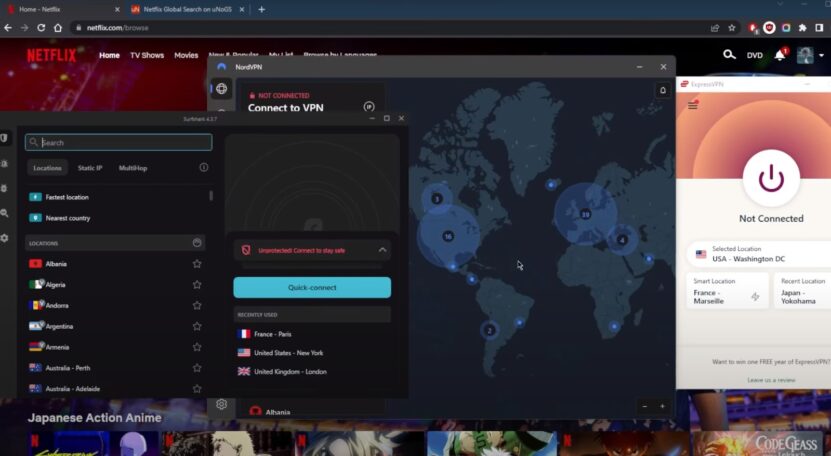
A Virtual Private Network (VPN) works by routing your internet connection through a server located in a different geographic location. This process masks your actual IP address, making it appear as if you’re accessing the internet from somewhere else.
This is particularly useful for bypassing geo-restrictions and accessing content available in other regions. VPN can also be instrumental in accessing various educational and essential websites that might be restricted to school Chromebooks.
Choosing the Right VPN
When selecting a VPN for Netflix, there are several key factors to consider:
- Speed: Since streaming requires a considerable amount of bandwidth, a fast VPN is crucial to avoid annoying buffering and ensure a smooth viewing experience.
- Server Locations: The more server locations a VPN has, the better your chances of accessing different Netflix libraries around the world.
- Reliability: Some VPNs are known to have issues with streaming services. Choose a VPN that is known to consistently work well with Netflix.
- Security: Opt for a VPN with robust encryption protocols to keep your online activities secure and private.
Top VPN Recommendations
| VPN Service | Key Features | Strengths |
|---|---|---|
| ExpressVPN | Exceptional speed and efficiency | Top choice for streaming Netflix, wide server range, strong security features |
| NordVPN | Extensive network of servers globally | Access to different Netflix libraries, strong security, reliable speeds |
| CyberGhost | User-friendly, good for beginners | Balance of speed, server availability, ease of use |
Can I Use a Free VPN to Unblock Netflix?
Using a free VPN to unblock Netflix can be tricky. While some free VPNs, like Windscribe, might work for limited access, they often come with strict data caps, meaning you can only stream for a few hours before hitting the limit.
Additionally, free VPNs typically lack the resources to stay ahead of Netflix’s VPN-detection technology, resulting in frequent blocks and interruptions.
2. Smart DNS
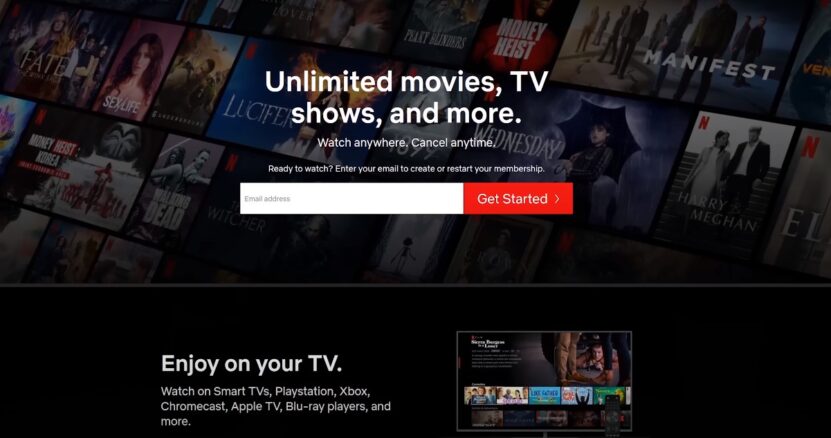
Smart DNS is a technology that changes your device’s DNS (Domain Name System) server settings. Unlike VPNs, Smart DNS does not change your IP address or encrypt your connection. It simply reroutes the part of your traffic that identifies your geographical location.
This makes it possible to bypass regional restrictions without the potential speed loss associated with VPN encryption.
Advantages of Smart DNS
The main advantage of using Smart DNS is its simplicity and speed. Because there’s no encryption involved, you’re likely to get faster streaming speeds compared to a VPN. It’s an excellent choice for those who are primarily interested in unblocking content rather than online privacy.
Setting Up Process
Setting up Smart DNS typically involves changing the DNS server addresses in your device’s network settings. Most Smart DNS services provide detailed guides on how to do this for various devices.
Once set up, it works seamlessly in the background, allowing you to access restricted content with minimal fuss.
3. Mobile Hotspots
When you’re stuck on a restricted Wi-Fi network, turning your mobile phone into a hotspot and connecting your device to it can be a quick and easy solution. This method bypasses the restricted network entirely, using your mobile data to access the internet.
Considerations for Mobile Hotspots
While this method is straightforward, there are a few things to keep in mind. First, streaming Netflix can consume a lot of data, so ensure you have a sufficient data plan.
Also, the internet speed through a mobile hotspot might not be as fast as your regular Wi-Fi, which could affect your streaming experience.
How to Set It Up
Setting up a mobile hotspot is usually straightforward. It involves going into your phone’s settings, finding the hotspot option, and turning it on. You can then connect your other devices to this hotspot as you would with any Wi-Fi network.
4. Offline Downloads
One often overlooked feature of Netflix is the ability to download certain titles for offline viewing. This feature is perfect for anticipating situations where you might be on a restricted network.
By downloading your desired shows or movies in advance, you can watch them without needing an internet connection.
How to Download Netflix Content
To download content from Netflix, simply open the app on your mobile device, find the title you want to watch and look for the download icon. Not all titles are available for download, but Netflix offers a wide variety that is.
Best Practices for Offline Viewing
It’s a good idea to download content while you’re on a Wi-Fi network to avoid using a large amount of mobile data. Also, be aware of the storage space on your device, as high-quality video files can be quite large.
5. Proxy Servers (Use with Caution)
Proxy servers, like VPNs, route your internet connection through a server in a different location. However, unlike VPNs, they do not encrypt your data. This means they can be less secure, but they can still be effective in bypassing content restrictions.
Potential Risks
The main risk with using proxies is security. Since your data isn’t encrypted, it’s more vulnerable to interception. Proxies are also generally less reliable than VPNs and might not always work with Netflix due to the streaming service’s efforts to block them.
When to Use a Proxy
A proxy server might be a viable option if you’re in a situation where you can’t use a VPN or Smart DNS, and security is not a major concern. However, it should be considered a last resort due to its drawbacks.
Why Are Streaming Services Blocked?
Schools and workplaces typically block access to entertainment platforms like Netflix to encourage productivity and reduce distractions. Another reason is bandwidth management.
Streaming services consume significant bandwidth, and when many people access them simultaneously, it can slow down the entire network. By understanding these reasons, we can better appreciate the need for network restrictions and find appropriate ways to navigate them.
Impact of Network Restrictions
These restrictions can be frustrating, especially during breaks or free periods when you’re looking to relax and unwind. It’s not just about being denied access to entertainment; it’s also about the feeling of being controlled and limited in your internet usage.
This often leads to a search for methods to bypass these blocks, which brings its own set of challenges and considerations.
The Legal and Ethical Landscape
Bypassing network restrictions can sometimes go against your institution’s policies. It’s vital to be aware of these policies and understand the potential consequences of violating them.
While finding ways to access Netflix is our objective, doing so within the bounds of legality and ethics is paramount. It’s about finding a balance between your entertainment needs and respecting the rules set by your institution.
FAQs
Netflix has a policy against VPN use, primarily to enforce geographical content restrictions. While they actively try to detect and block VPN users, the consequences usually involve the blocking of certain content rather than account suspension.
However, it’s important to understand that continuously accessing Netflix via a VPN might lead to further action by Netflix, including potential account warnings.
While there are free VPNs available, they are generally not recommended for streaming Netflix. Free VPNs often have limited bandwidth, fewer server options, and slower speeds, which can significantly hinder your streaming experience.
Additionally, they may lack the necessary security features, making them less secure than paid VPNs.
Yes, a good VPN can be used to access various streaming services, not just Netflix. Most premium VPN services provide the ability to bypass restrictions on a range of platforms like Hulu, Amazon Prime Video, and BBC iPlayer, among others.
However, the effectiveness of a VPN in unblocking each service can vary, so it’s best to check the VPN’s compatibility with specific streaming services.
Yes, some schools and workplaces implement advanced network firewalls that can detect and block VPN traffic. This is done by identifying and blocking ports commonly used by VPN protocols or by using deep packet inspection (DPI) to detect VPN encryption.
In such cases, finding a VPN that offers advanced obfuscation techniques, that can hide VPN traffic, might be necessary.
To Sum Up…
Watching Netflix at school or work can be challenging due to network restrictions. However, with the right tools and knowledge, it’s definitely possible. You can use a VPN, Smart DNS, or even your mobile data to bypass these restrictions.
While these methods are effective, it’s important to consider the legal and ethical implications of bypassing network restrictions. Always make sure you’re not violating any policies of your school or workplace.
Be mindful of these aspects, and you will enjoy your favorite shows and movies without getting into trouble.
Related Posts:
- The Truth About Online University Programs - Can You…
- How to Transition Smoothly Into Graduate Social Work
- How Leadership and Technology Work Together to Drive…
- 10 Ways How You Can Bypass A School Firewall -…
- How To Play Roblox at School - Don't Get Caught!
- How Long Is Cosmetology School? A Complete Guide


